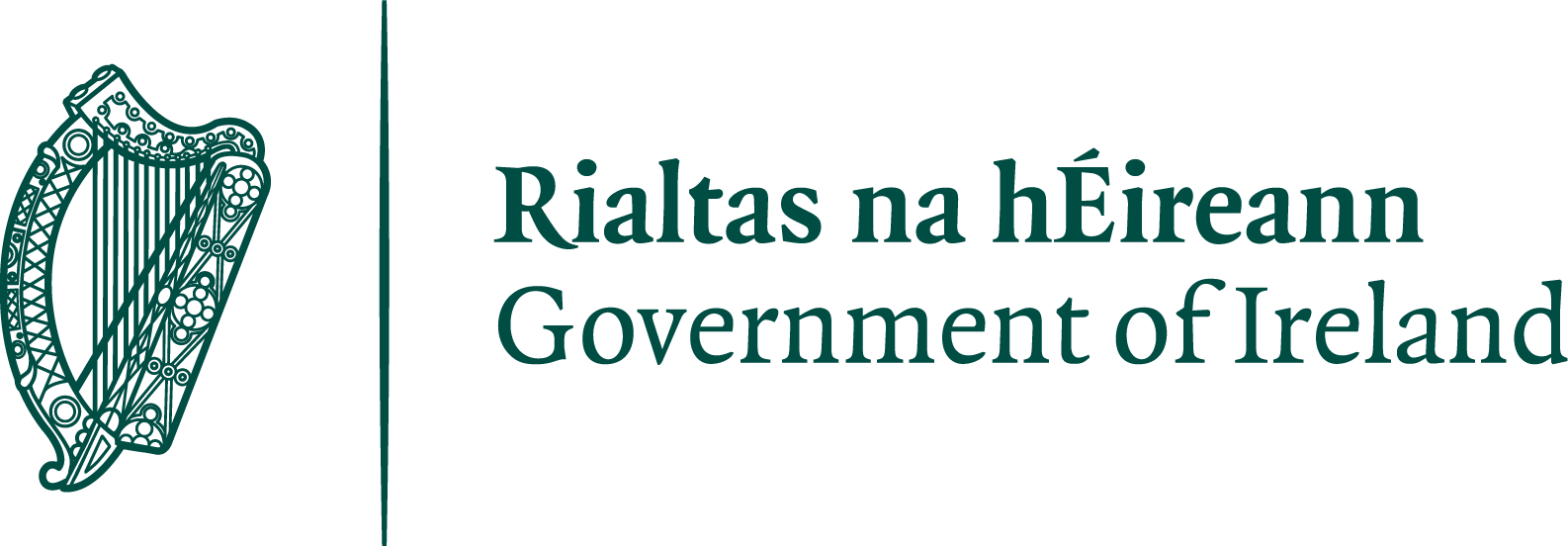National Programme Board
Terms of Reference of National Programme Board
Role:
The National Programme Board is the single national entity with responsibility for the effective management, operation, monitoring and review of the National Apprenticeship Programme.Membership
Membership:
Chair: National Programme Co-ordinator for the Apprenticeship Programme
Secretary: Coordinating Provider Programme Leader
Other Members:
- At least one instructor from the Coordinating Provider and one instructor or representative from each of the Collaborating Providers,
- Two employers who are occupationally qualified in the areas, - nominated by the Consortium Steering Group,
- Two persons who will act as Mentors of apprentices in employment, nominated by the group of employers,
- One representative of apprentices (who may be a graduate) nominated by the apprentices
Accountable to:
Consortium Steering Group
Schedule of Meetings:
- At least three times per year on commencement of the new apprenticeship programme. Additional meetings may be required during the set-up phase of the programme.
- In order for a quorum to be established, 50% of members plus one additional member must be in attendance.
- The meeting agenda and supporting documentation will be made available to members at least one week in advance of a scheduled meeting. Meeting outcomes are recorded and circulated in draft form within two weeks of a meeting. The minutes of meetings are approved at the beginning of the subsequent meeting of the CSG.
- Decisions are made by consensus or by the exercise of a vote if necessary; the Chair has the deciding vote in the event of a split decision.
In some cases, at the discretion of the Chair, an incorporeal meeting of the CSG may be held where reports can be circulated virtually and accepted by members without the CSG having to meet.
Responsibilities:
Day to day oversight of the operation of the validated apprenticeship programme
Establish a Recognition of Prior Learning (RPL) Committee, where required, to manage the operation of RPL as it applies to the programme, as validated
- Devise the assessment strategy and types of assessment to be used in a programme cycle to ensure that the module outcomes are being assessed, that cumulatively the MIPLOs are assessed
- Generate a bank of assessment resources
- Agree the assessment schedules for the programme on the advice of the National Programme Co-ordinator
- Consider inputs from the External Authenticator on issues of delivery and assessment.This will be done on receipt of the External Authenticator’s report and in advance of new cycle starting
- Consider reports from Collaborating Providers, Workplace Mentors and instructors/tutors, on the progress of apprentices and on delivery and assessment of the approved programmes
- Encourage the sharing between workplace mentors and providers of best practice in the delivery and assessment of apprentices
- Consider the effectiveness of the teaching, learning and assessment strategies being implemented as per the validated programme
- Ensure as far as possible that the apprentices in each centre get an equivalent experience
(2) Programme monitoring, review and improvement
- Agree and implement minor modifications and additions to the programme where these do not affect module outcomes.This will include suggestions from the External Authenticator, or improvements suggested by mentors or by instructors/tutors
- Monitor the on-going operations of the programme nationally
- Monitor examination and continuous assessment results nationally to ensure an appropriate mix of learning modes and associated assessment methods
- Seek feedback from the significant stakeholders on the delivery of the programme and on possible minor modifications
- Regularly consider results of surveys of apprentices and other stakeholders of programmes
- Contribute to the occupational review process
- Suggest necessary equipment and facilities requirements and upgrades as well as skills enhancement initiatives
- Examine the effectiveness of support services such as administrative services and Moodle
- Make recommendations on the use of existing resources and the need for new resources
- Introduce improvements in the programme arising out of the monitoring and review process
- Perform a detailed self-evaluation of the operation of the National Programme Board periodically (usually every five years)
- Suggest appropriate external experts to play a role in designing, monitoring and reviewing programmes
- Recommend appropriately qualified persons as External Authenticators
Reports:
The following reports will be submitted to the National Programme Board by relevant stakeholders
After each new intake
- Admissions Reports from each Collaborating Provider submitted by the Collaborating Providers Programme Leader (and the Coordinating Provider’s Programme Leader)
Annual Reports
- Consolidated Admissions Report
- External Authenticators Report
- On-the-job Site Visit Reports
- Apprentice Feedback Reports from each Collaborating Provider
- Consolidated Apprentice Feedback
- Apprentice Graduate Reports from each Collaborating Provider
- Consolidated Apprentice Graduate Report
- Staff and Mentor Feedback Report
- Provider Reports from each Collaborating Provider
- Draft Annual National Programme Board Report
Biannual Reports
- Examinations Report from each Collaborating Provider (dependant on number of intakes per year)
- Consolidated Examinations Report
Standing Committee of the National Programme Board
The National Programme Board, may establish a Standing Committee, which would meet between scheduled meetings of the Programme Board, at the request of the National Programme Co-ordinator, to discuss urgent items that may require some action before the next scheduled meeting of the Programme Board. The National Programme Co-ordinator will act on the decisions of the Committee.
Membership of the Committee could include:
- National Programme Co-ordinator
- Programme Co-ordinator
- One instructor on the programme from the Co-ordinating Provider
- Representative from one of the Collaborating providers, who is a member of the Programme Board
- One employer who is a member of the Programme Board
- One representative of apprentices who is a member of the Programme Board



